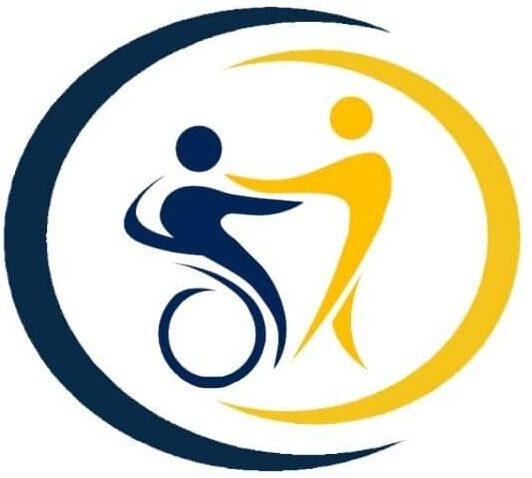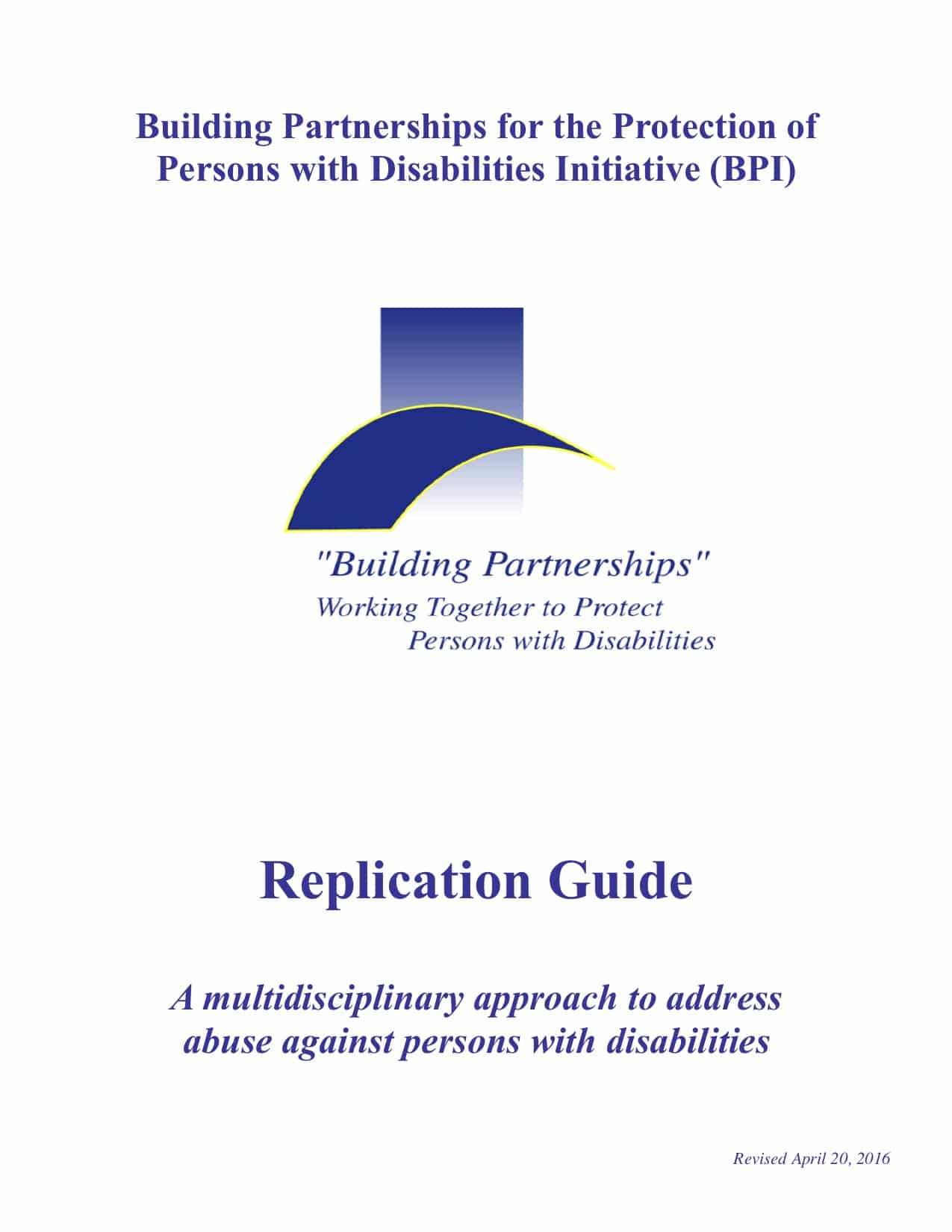
R3 App: Recognize, Report, Respond
The R3 app, launched in August 2023 by the Disabled Persons Protection Commission (DPPC), ASSET Lab at the University of Rhode Island, Massachusetts Advocates Standing Strong (MASS), Worcester Polytechnic Institute, and the Department of Developmental Services was created to help adults with intellectual and developmental disabilities and others better Recognize, Report, and Respond to abuse. R3 provides an overview of five common types of abuse – physical abuse, emotional abuse, sexual abuse, financial abuse, and neglect. Although it contains information specific to reporting abuse to DPPC, it also provides out-of-state users with a link to the website of the National Adult Protective Services Association (NAPSA), where they can find information on where to report abuse within their own state. For more information about the R3 project, you can visit DPPC’s R3 webpage. R3 is available for download from the Apple app store and the Amazon app store.

S2 App: Self-Care for Survivors
The S2 Self-Care for Survivors app, created in partnership with adults with disabilities. This follows the launch of our R3 app that was designed to assist adults with disabilities to Recognize, Report, and Respond to Abuse. The S2 app allows users to learn how to practice self-care, embrace their emotions and benefit from interactive activities.
Every survivor should have the right to tell their story, on their own terms and in their own words, in a manner that respects their individuality. Survivors also deserve access to the best available tools to help them heal from their trauma. The three training videos provide the framework for better interviews that, in turn, lead to more complete and successful investigations, while minimizing trauma for adult survivors with disabilities. The R3 and S2 apps give adult survivors with disabilities additional tools to help protect and nurture themselves.
DPPC, together with adults with disabilities and other partners, will continue to develop programs and training opportunities to strengthen the response to abuses and crimes committed against adults with disabilities and provide victims with a greater likelihood of healing. R3 is available for download from the Apple app store and the Google Play app store.

Introduction to Adult Protective Services Video
An Introduction to Adult Protective Services (APS) in Massachusetts is an educational video that aims to shed light on the prevalence of abuse against individuals with disabilities and older adults while equipping APS and other allied professionals with the knowledge and tools to effectively recognize, report and respond to abuse. Within Massachusetts, the Department of Children and Families (DCF), Department of Public Health (DPH), Disabled Persons Protection Commission (DPPC) and Executive Office of Aging & Independence (AGE) collectively provide protective services and address instances of abuse, neglect and exploitation affecting children, adults with disabilities and older adults. An Introduction to Adult Protective Services (APS) in Massachusetts specifically highlights the roles of DPPC and AGE, which focus on protecting adults with disabilities and older adults, respectively. Furthermore, it discusses initiatives such as the Building Partnerships for the Protection of Persons with Disabilities and Older Adults (BPI).

Start by Believing Video
The Start by Believing video highlights Patty and Leigh Ann, two sexual assault victims/survivors with a disability, their paths to healing and becoming peer support leaders, and the work of the Sexual Assault Response (SAR) Team at DPPC. The SAR Team, primarily funded by the Massachusetts Office for Victim Assistance, provides meaningful access to trauma services for sexual assault victims with a disability whose cases have been reported to DPPC’s 24-hour Hotline. Start by Believing describes SAR’s four essential components: Peer Support, Navigation, Clinical Matching Service and a statewide Advisory Council.
Building Partnerships for the Protection of Persons with Disabilities and Older Adults (BPI) Replication Guide
The Replication Guide describes the Building Partnerships for the Protection of Persons with Disabilities and Older Adults Initiative (BPI) in Massachusetts. It is a guide of recommended practices, modeled on the Massachusetts BPI, to develop, implement and successfully maintain a multidisciplinary partnership to address abuse and crimes committed against persons with a disability. It is intended for use by law enforcement personnel, prosecutors, adult protection and human service workers, and others who have responsibility for the safety and protection of persons with a disability who are victims of crime.

Rape Crisis Center Guidelines
These Guidelines were developed for Massachusetts Comprehensive Rape Crisis Centers (RCCs) entitled, Working with Survivors with Intellectual and Developmental Disabilities, to address issues, such as guardianship, the presence of third parties and necessary accommodations for persons with a disability. In October 2015, with funding from the Administration for Community Living (ACL), U.S. Department of Health and Human Services, the Massachusetts Disabled Persons Protection Commission, in partnership with the Department of Public Health, Riverside Community Care, Boston Area Rape Crisis Center, Department of Developmental Services, Massachusetts Sexual Assault Nurse Examiner Program, Massachusetts Advocates Standing Strong, Hampden District Attorney’s Office, Victim’s Rights Law Center, Massachusetts Office for Victim Assistance, Jane Doe Inc., Office of the Attorney General Victim Compensation and Assistance Division and other stakeholders came together to build and enhance relationships to improve access to trauma-informed services for sexual assault survivors with an intellectual and/or developmental disability. In addition, the guidelines were designed to assist RCCs in working with survivors with I/DD to address their needs and accommodations and to encourage RCC staff to use the skills they already possess to serve all survivors, including those with I/DD. The guidelines were intended as a starting point to help RCCs create protocols that would best suit their particular agencies.

